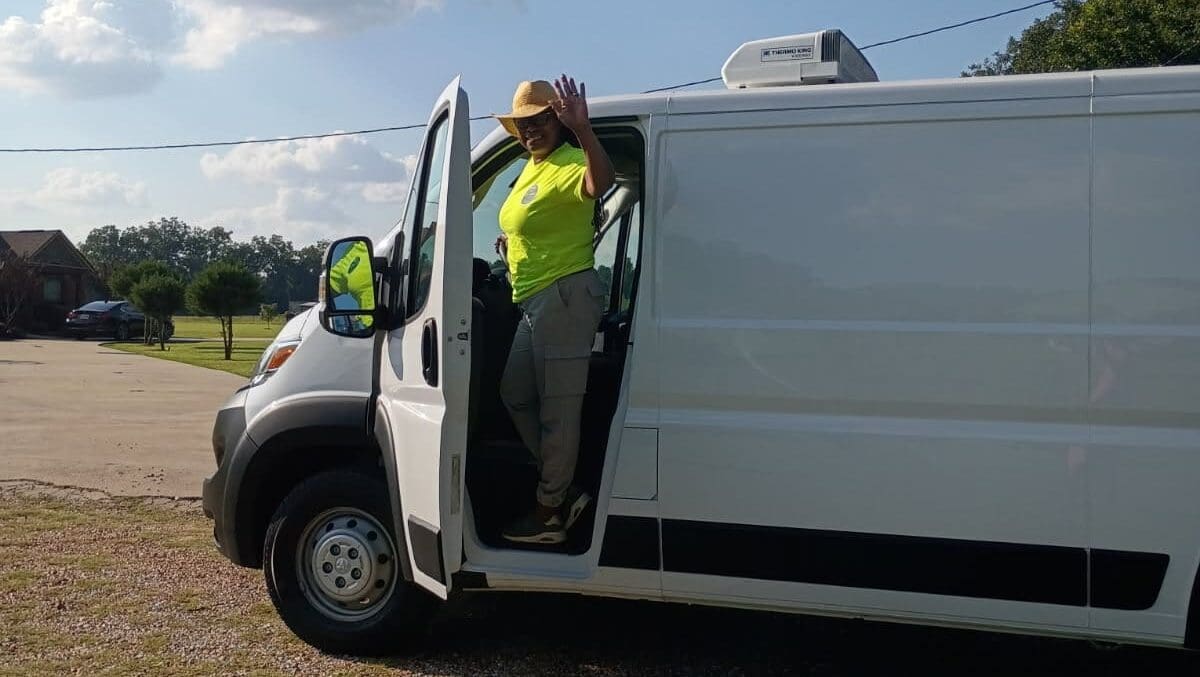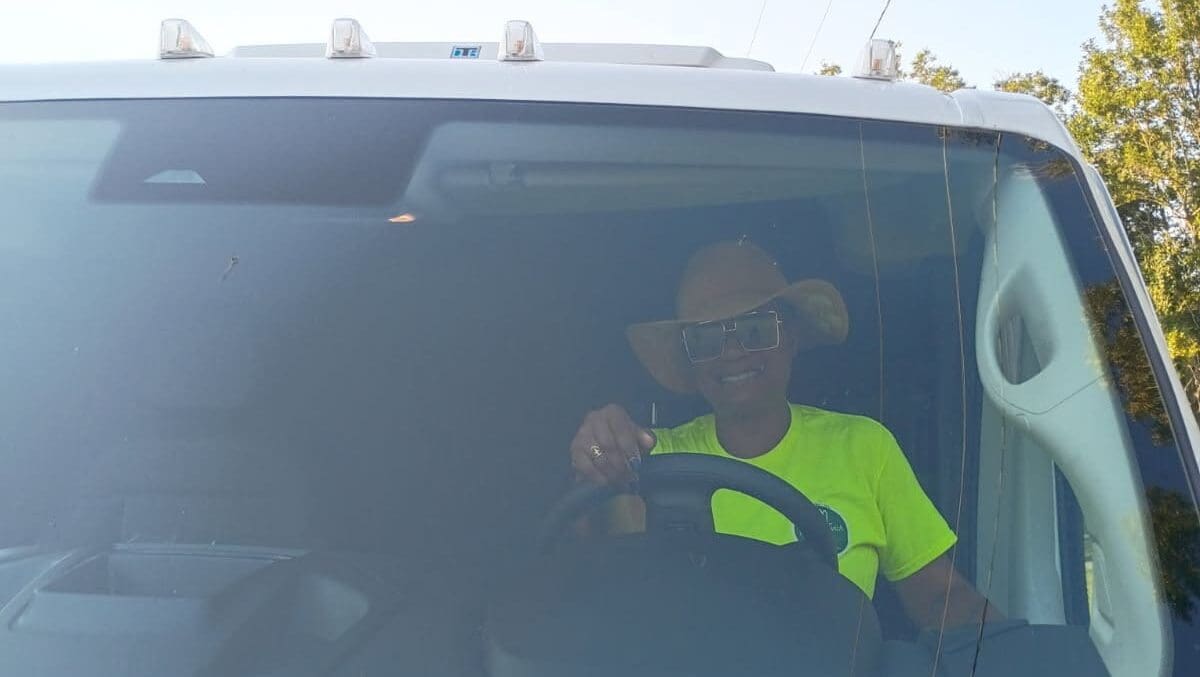When the pandemic brought the world to a halt, Stacey McGraw and her husband, Charlie, found themselves spending more time at home in rural Clayton, Louisiana. What might have been idle hours for some turned into a moment of inspiration for the couple. They started with a modest blackberry patch behind their house, cutting the canes back and marveling at how resilient the plants were.
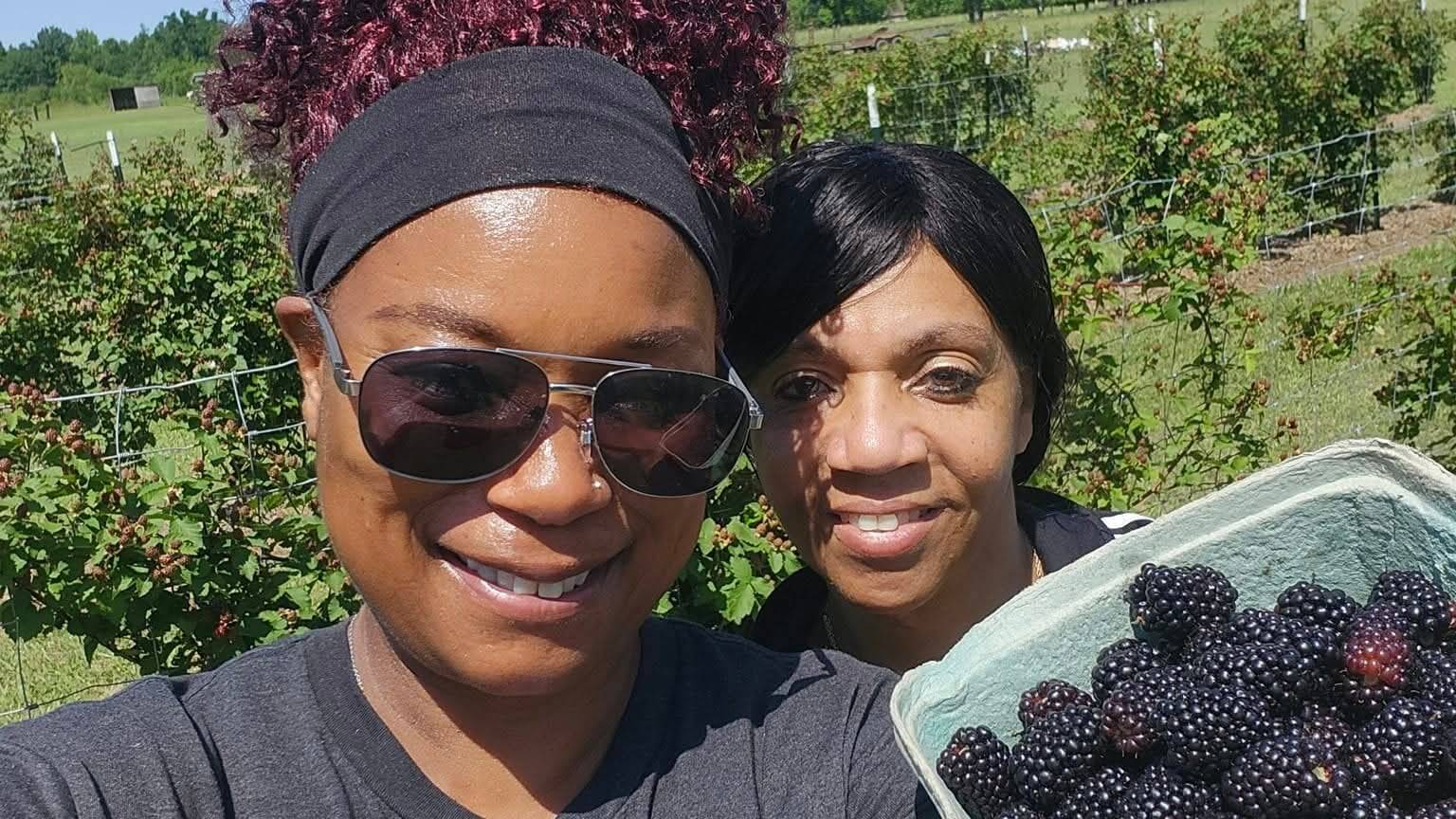
They expanded the patch, invited neighbors to pick their own fruit, and before long, CM Farm Ranch was born — named after Charlie’s initials.
“People loved being able to come out and pick their own fresh produce, and it just took off from there,” McGraw said.
Building Something Bigger
Today, CM Farm Ranch cultivates five acres, producing everything from blackberries and raspberries to tomatoes, cucumbers, and leafy greens. Herbs are one of their fastest-growing ventures. McGraw dries rosemary, basil, thyme, and a dozen other varieties for teas and packaged bags sold at local markets.
The farm now includes a 30×70 high tunnel and a small on-site processing building. McGraw has more than two acres yet to develop, and she plans to put them into production in the near future.
“For us, it’s all about health and finding natural ways of healing,” she said.
“The farm has given us a way to stay healthy and help our community do the same.”
A Balancing Act
Farming isn’t McGraw’s only job. She has been a hairstylist for more than 30 years and owns Design by Stacey, a salon in nearby Vidalia where she works three days a week. Remarkably, the town’s farmers market sets up right outside her salon. On Wednesdays, McGraw often sells produce in the morning before heading into the salon to serve clients. The rest of the week, she tends the farm.
“It sounds like a lot, but it works out perfectly,” she said.
Supplying the Community
CM Farm Ranch produce is sold at three local markets and has begun making its way into community institutions. McGraw supplies schools and is laying the groundwork to expand into more campuses and healthcare facilities in the near future. She also sells directly to restaurants and to the public through farm visits and U-pick days.
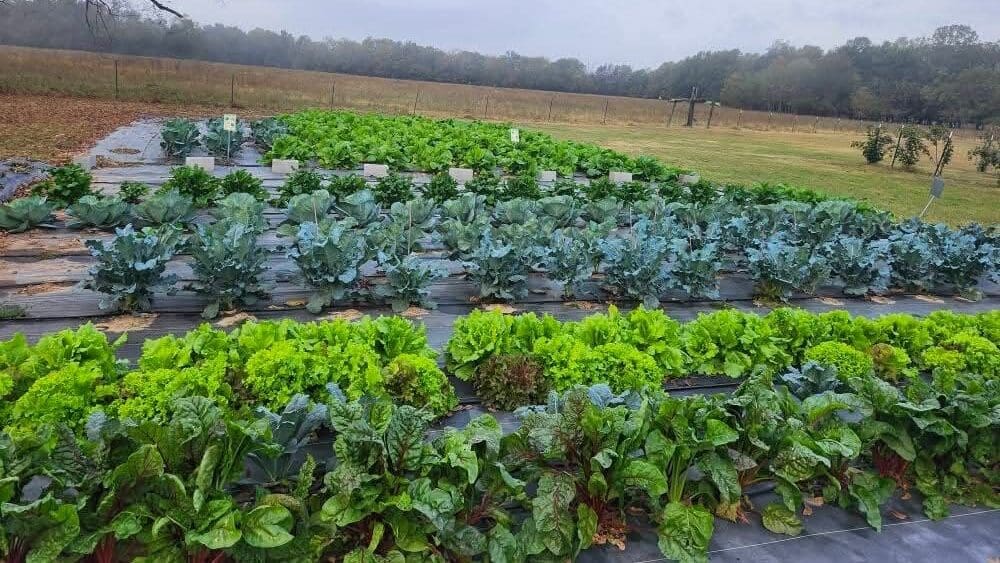
“Like so many small communities, the only real grocery store is a Dollar General,” said Debra Leach, Area Director of Lending at Communities Unlimited. “Stacey has stepped up to fill a huge gap.”
Overcoming Barriers
Until recently, McGraw was transporting her produce in her personal car — hardly ideal for Louisiana’s sweltering summers.
“In the South, with the heat and humidity, produce spoils quickly,” she said. “Without proper cooling, you can lose a lot.”
That changed with a USDA Resilient Food Systems Infrastructure (RFSI) grant, which funded a refrigerated truck. But there was a catch: USDA grants are reimbursable. Farmers have to buy the equipment upfront, then wait for federal approval before being paid back. For small growers like McGraw, that can be a deal-breaker.
Enter Communities Unlimited (CU).
CU’s Lending Team, referred to CM Farm Ranch by Louisiana Central Executive Director Bahia Nightengale, provided McGraw with a bridge loan to purchase the truck while waiting for USDA funds to be released.
“Without CU’s support, I wouldn’t have been able to move forward.”
“Debra moved quickly — things happened within a week,” McGraw said. “CU really pushed us to think and operate more like a business, especially around keeping track of profits, losses, and expenses.”
Leach explained why CU’s role as a Community Development Financial Institution (CDFI) is so critical.
“Too often, the only financing small farmers can get is predatory — 24% interest, daily draws, big fees. If USDA takes six months to reimburse, that kind of loan can cripple a farmer,” she said. “Our program is different. We offer interest-only bridge loans that are affordable and sustainable.”
More Than a Farm
The farm has also created seasonal employment for about six local workers, a meaningful contribution in a parish with limited job opportunities. McGraw collaborates with neighboring farmers as well, using her refrigerated truck to transport their produce alongside her own.
“It’s about working together to get more fresh food to our communities.”
She’s already thinking about her next steps — expanding into local grocery stores, exploring frozen vegetable packs for schools, and launching a marketing strategy for her herbal teas.
“Years ago, I told my master gardener coordinator that one day I wanted a mobile produce truck,” she said. “To see that dream come true — it’s so amazing.”
A Larger Trend
McGraw’s story comes at a time when small farms across the country are struggling. The 2022 Census of Agriculture showed a 10% decline in small family farms nationwide. Yet forecasts predict farm income will rebound in 2025 after two years of decline, suggesting opportunities ahead for innovative growers. Programs like CU’s Small Farm Lending Program — funded in part by the Sachs Family Foundation — are designed to keep farms like CM Farm Ranch thriving.
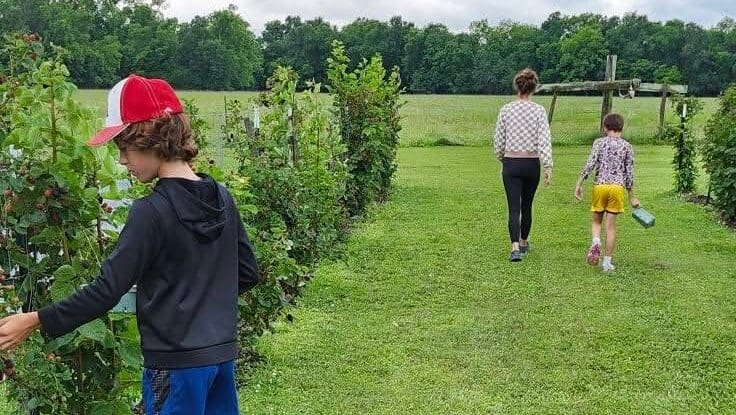
“She’s passionate about making sure kids in small towns can grow up with healthy food,” Leach said. “She’s already changing her parish, and I truly believe she can go even further.”
With the refrigerated truck in place, the impact was immediate. Since working with CU, CM Farm Ranch has increased sales by more than 70% and shifted from operating at a loss to achieving sustainable profitability. The new capacity has also opened doors to institutional buyers — giving the farm the credibility and scale needed to grow.
CM Farm Ranch delivers produce to all 10 schools in Concordia Parish — up from just one before — and is preparing to serve two Head Start centers for the first time.
For McGraw, the work is deeply personal.
“We keep moving forward,” she said. “I’m just so grateful. Communities Unlimited has been such a blessing, and I’ll be spreading the word about this program to other farmers.”


